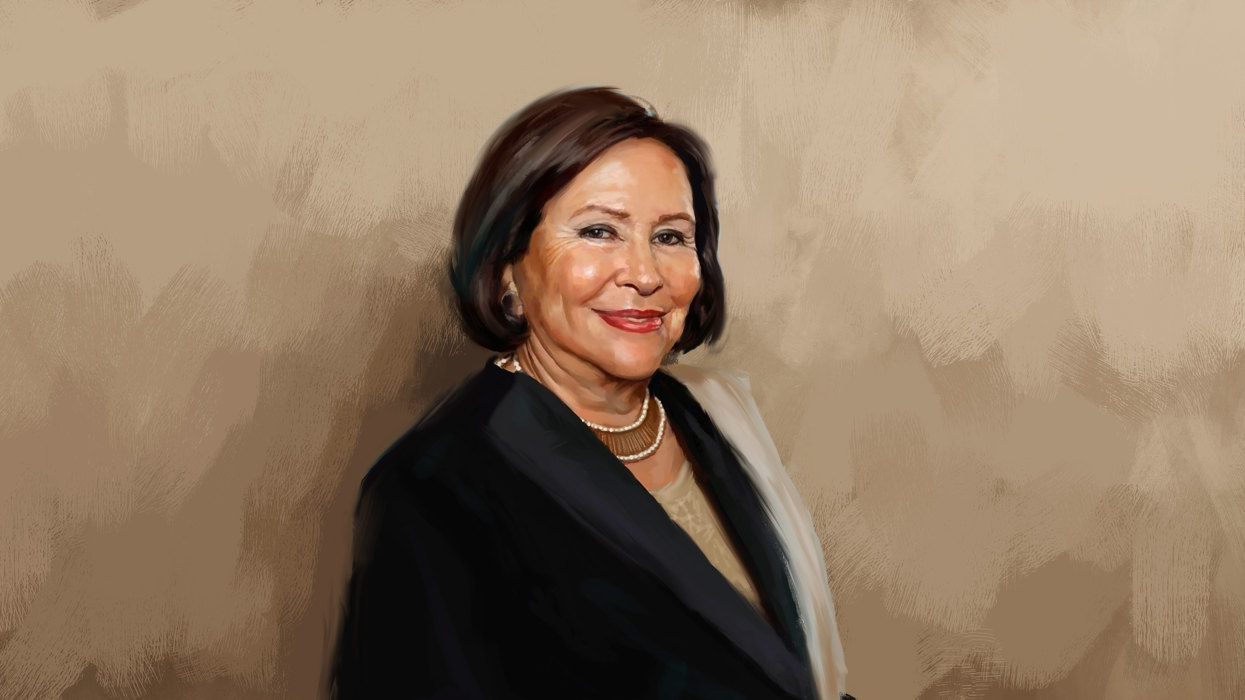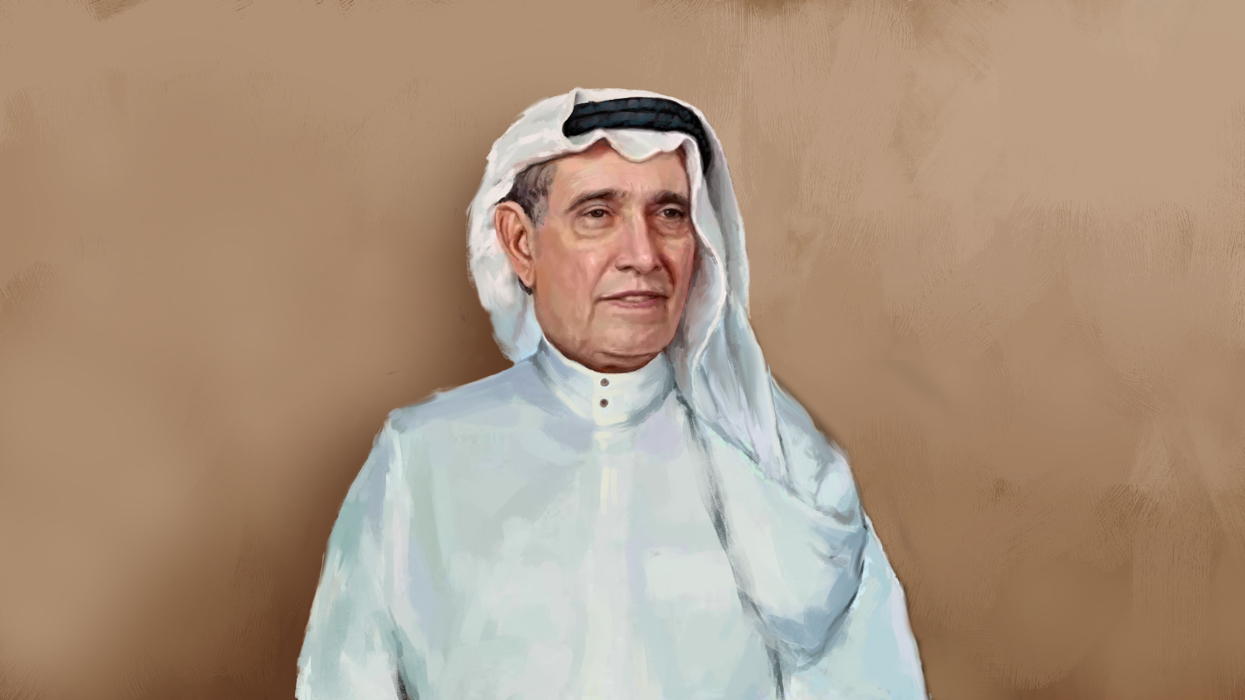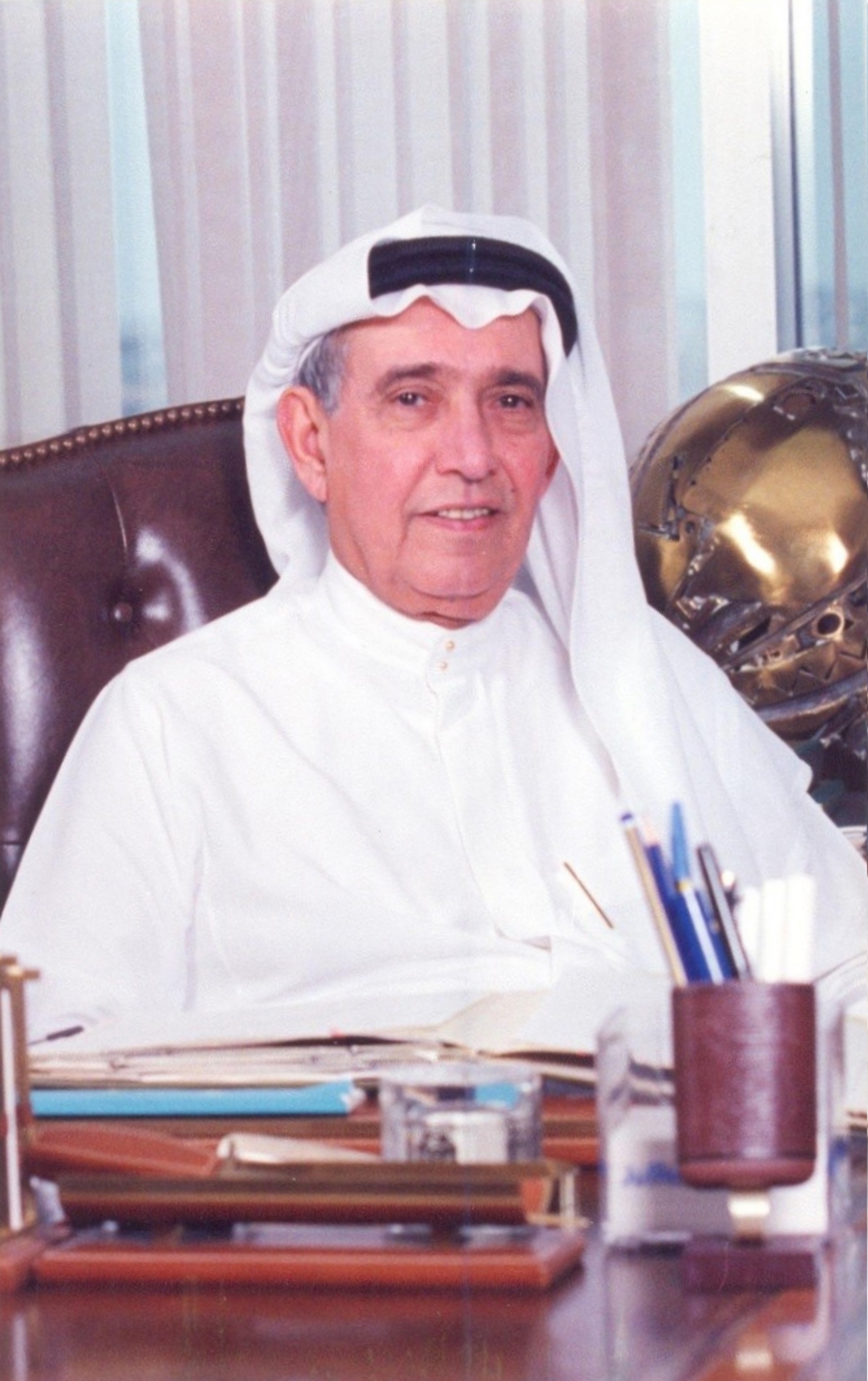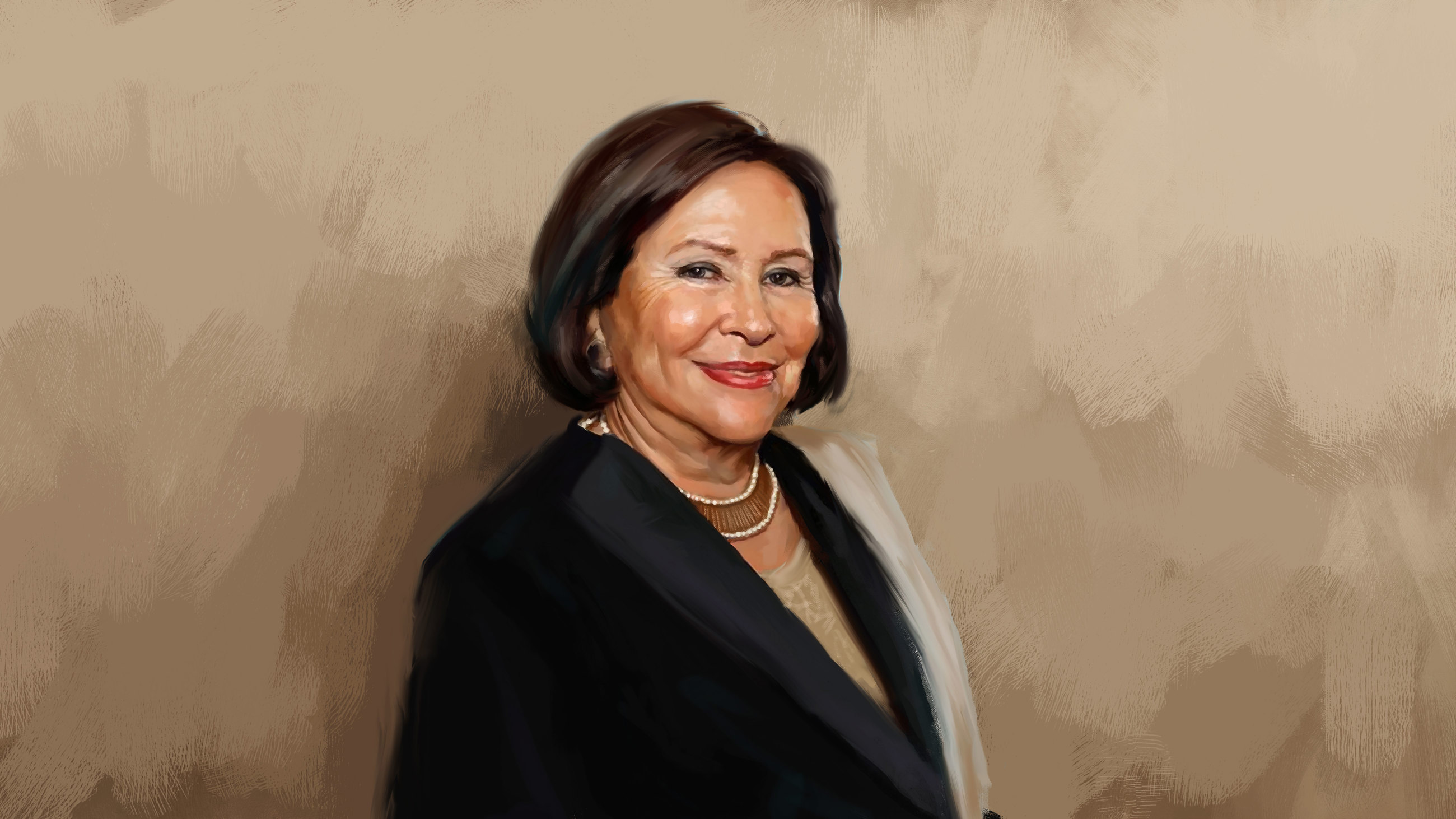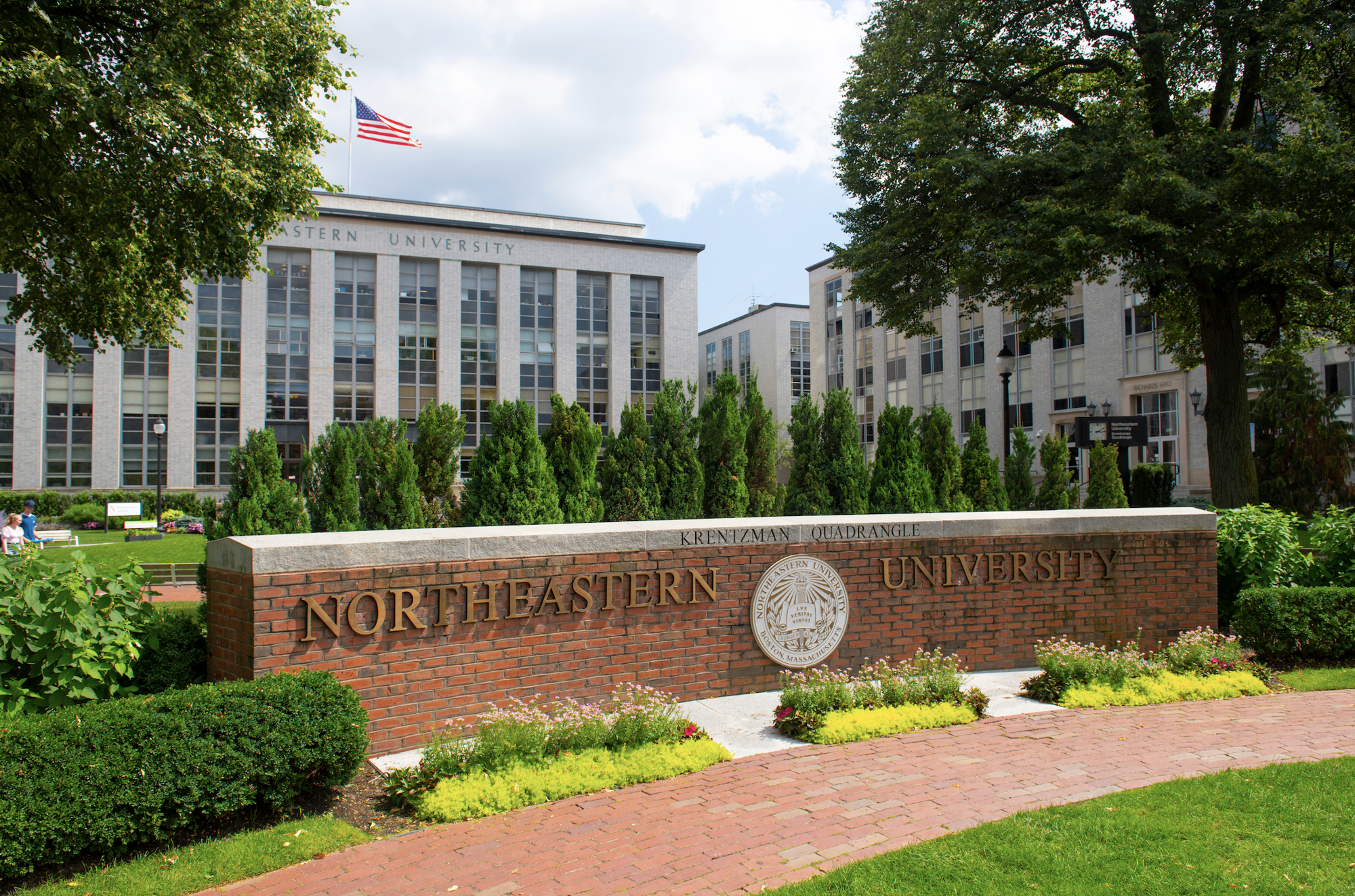
2020
Today
Investing in the future
The Juffalis are committed to strategic giving and investing in the next generation of Saudi philanthropists.
Driven by a strong sense of purpose and duty, the Juffalis have rewritten the rules when it comes to philanthropy in the MENA region. Not content with all they have achieved already, the family is now investing in a new generation of philanthropists in Saudi Arabia and beyond to help deepen the understanding of strategic giving and sharpen the impact of philanthropic donations and initiatives. The Juffali’s legacy is one of generosity, innovation, and deep commitment to helping the marginalised and vulnerable.
"I hope that others will follow [their] lead as philanthropists and change-makers in Saudi Arabia and beyond."
Bill Gates, philanthropist
Education has long been a focus of the Juffali family. They have funded scholarships and projects to help give low-income Arab students access to the best courses available as well as provided specialised support and new pathways for those with additional needs through The Help Center.
Meanwhile, a number of significant endowments have seeded globally-important research and innovation at leading higher education and technical institutions around the world.
Speaking at a benefit dinner for the American University in Cairo (AUC), where she has been a trustee since 2001 and was given a Global Impact Award in 2017, Suad describes her family philanthropy as “an investment in our shared future”.
“The return on our investment in higher education in the Middle East will be reaped by local communities as well as the region and the world at large,” she explains. “It is our role to reach out to these vulnerable minorities as well as the underprivileged communities by giving them hope for a better future and by enriching their lives with education, aspiration, confidence, and justice. As the saying goes, education is the movement from darkness to light.”
Now, the Juffali family is also inspiring the next generation of strategic philanthropists, thought leaders, and critical thinkers through their support for courses in so-called experiential philanthropy.
Experiential philanthropy is an innovative approach to learning, which combines service-learning with philanthropic investment. It enables students to learn about nonprofit organisations and social problems, and then invest in nonprofits they believe can best solve those issues. This approach aims to teach students about nonprofit theories and practices, and how to evaluate philanthropic responses to social issues. It also aims to benefit nonprofits by providing them with critical resources and access to motivated donors.
Khaled and Olfat first came across “experiential philanthropy” while one of their daughters, Haya, was studying at Northeastern University in Boston, and attended a course at the university’s Social Impact Lab, led by Rebecca Riccio since its founding in 2014.
So impressed were the Juffalis by the course and its approach, they created an endowment. Riccio, who since 2015 has been the Khaled and Olfat Juffali Director of the Social Impact Lab at Northeastern University, recalls: “The idea of teaching philanthropy really appealed to the Juffalis, and they share our goal in the Social Impact Lab of wanting to help everybody be more effective and more efficient in their giving.”
Not content just supporting the US lab, the Juffalis have also supported iterations of experiential philanthropy courses to be taught at universities in Saudi Arabia, Prince Sultan University in Riyadh and Effat University in Jeddah.
"We are so proud of what we have that we have moved this course, in conjunction with Northeastern University, to local universities here in Saudi," explains Khaled.
“It is helping people to know how to donate and how to collaborate in the classroom, how to exchange ideas, how to zoom into one entity out of many entities. And it keeps the students on their toes to really think of which one is better. They must come up with certain criteria and a certain analysis of what and who deserves what. So, it is very rewarding for us to see how they are doing as well."
Acknowledging his approach to philanthropy - and indeed discussing it openly - differs from many of his regional peers, Khaled adds: “In the Islamic religion they say if your right hand gives, don't let your left hand know that you are giving. But, you know, we went a little bit differently by collaborating with others."
Riccio says the Juffalis have been the perfect match for the Social Impact Lab. “They have the qualities that I think are essential to be a good philanthropist, which are humility, perspective, and taking a deep interest in the individuals or communities you're trying to serve,” she says. “They want to learn, they do not look to judge, and this is very much in sync with what we do in the Social Impact Lab.”
And she adds: “The authenticity of their family values has always put them at the cutting edge of philanthropic thinking. The family has worked hard and has humble roots. They don't see what they have achieved as evidence of greatness or power, they see it as a product of their hard work, and they feel a collective responsibility to do something with it to help others.”
“They're not celebrity philanthropists. None of them seeks the limelight. They’ve never been interested in grabbing attention," says Rebecca Riccio. "You really see in the family a strong sense of compassion and you can feel their deep values and humanity.”

